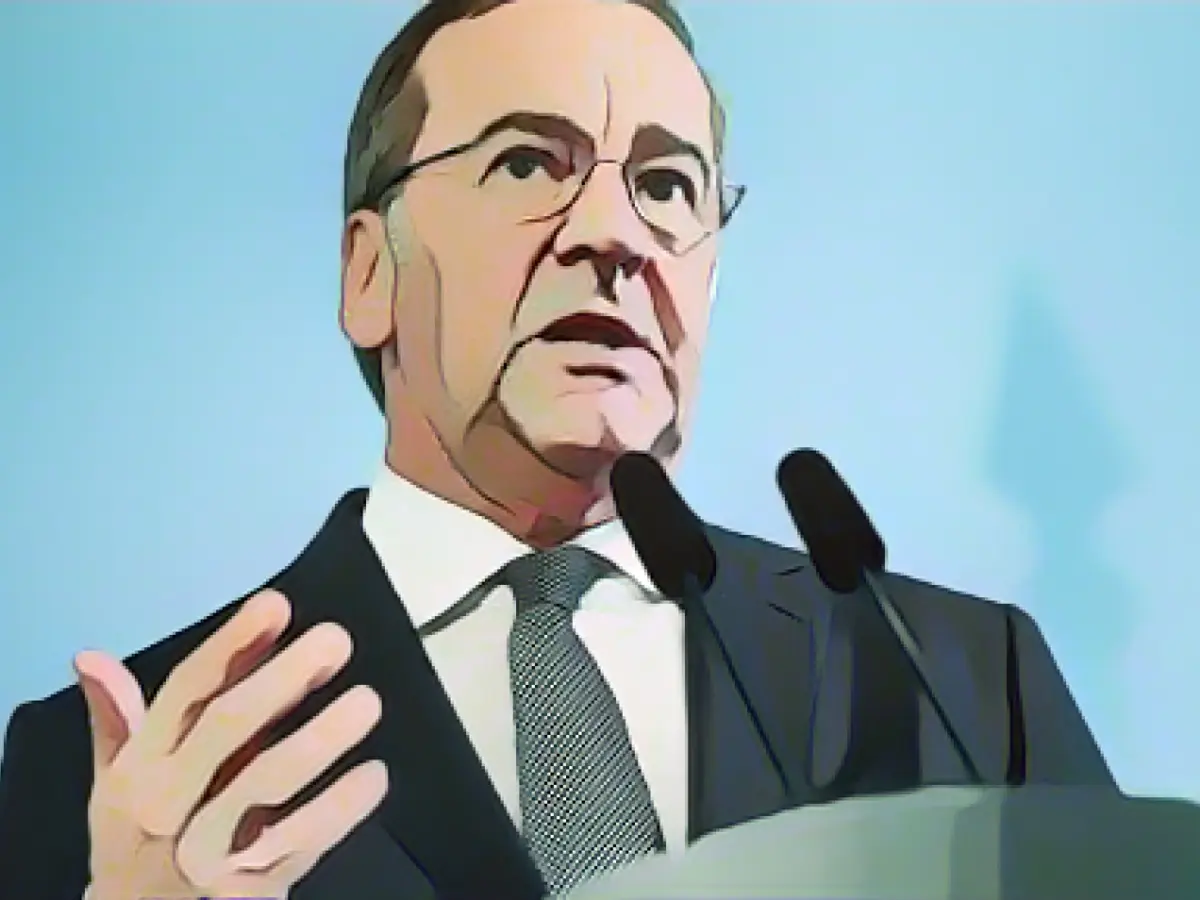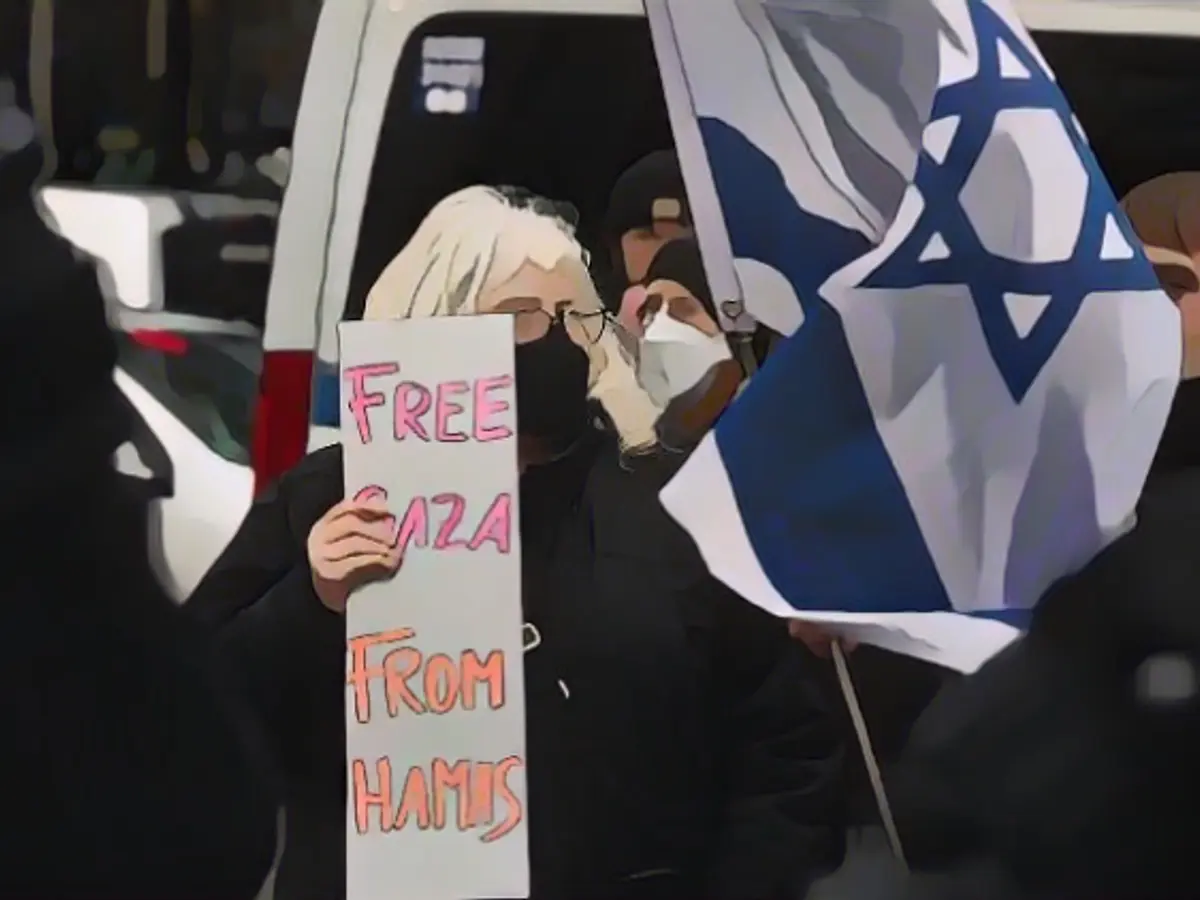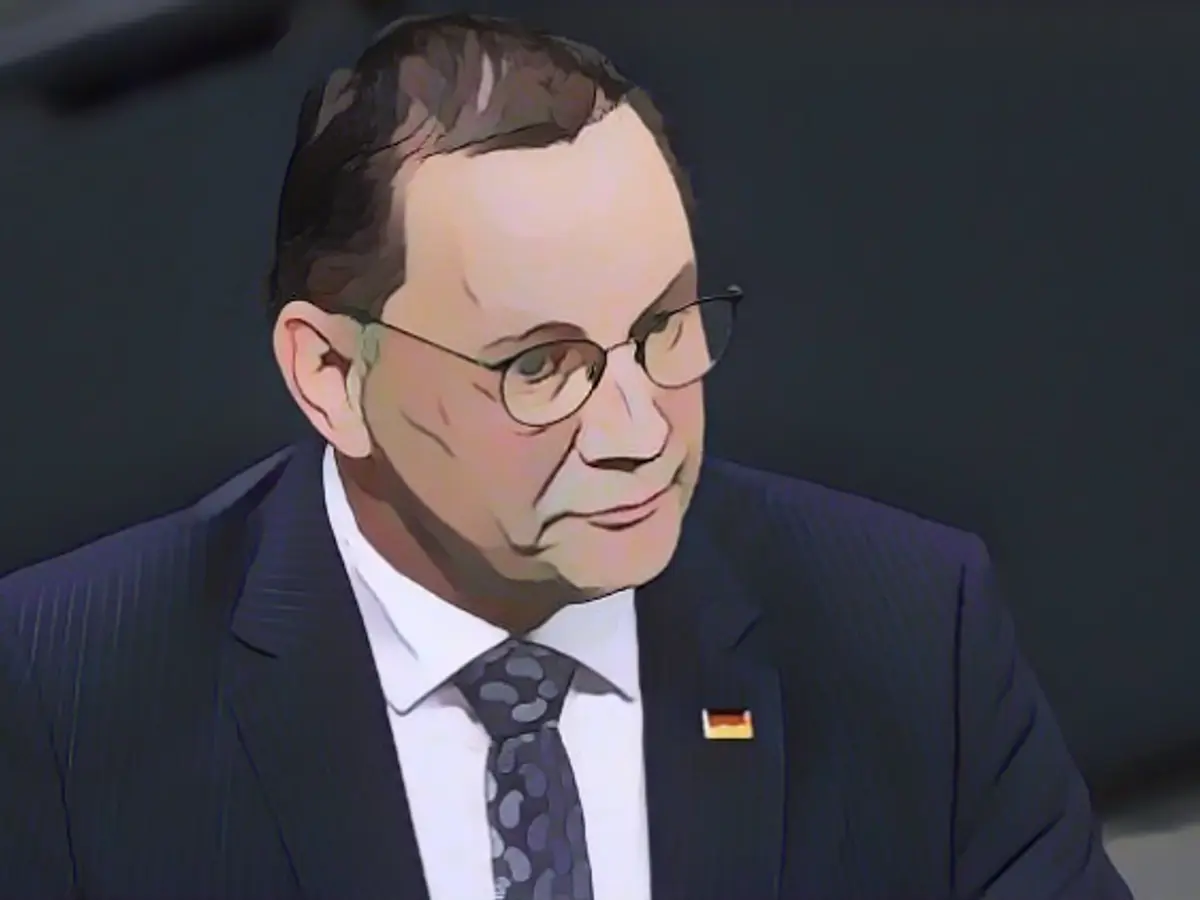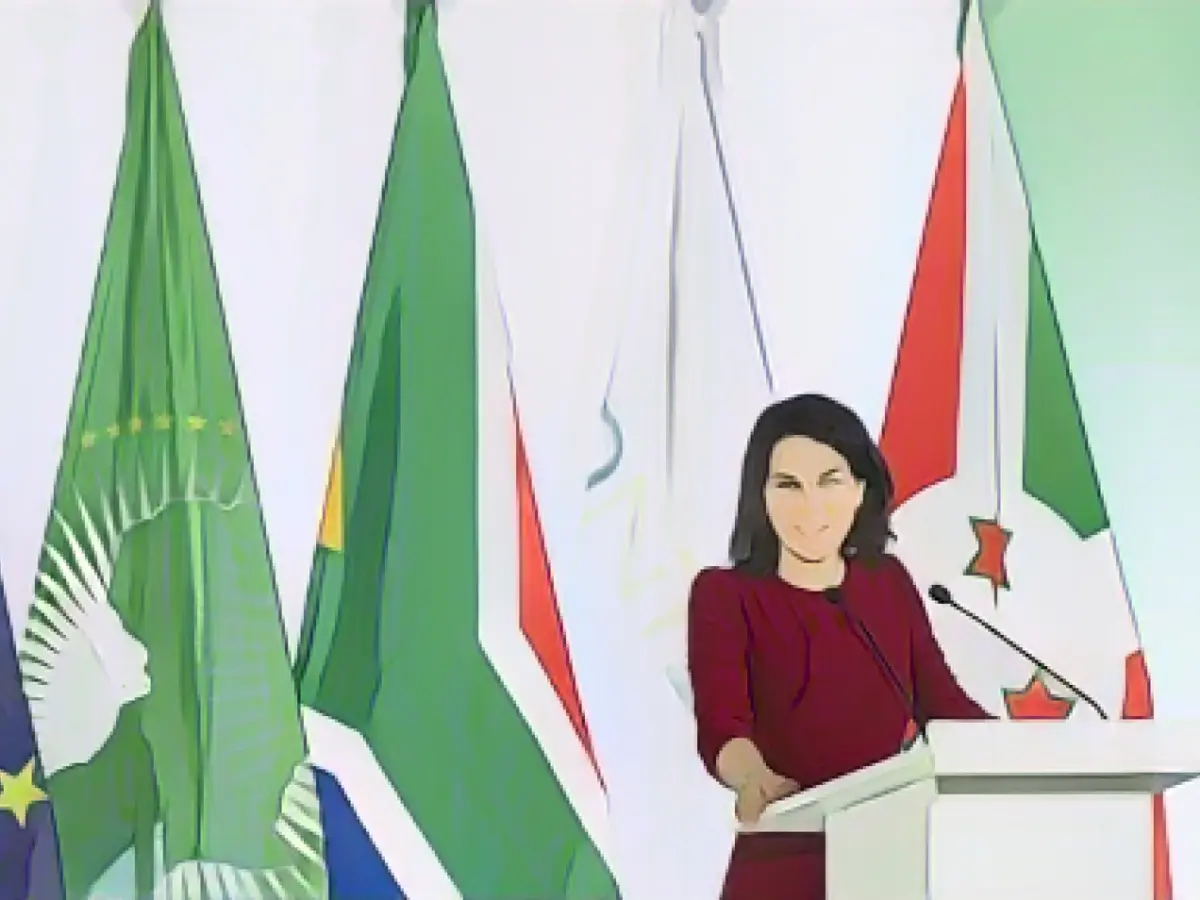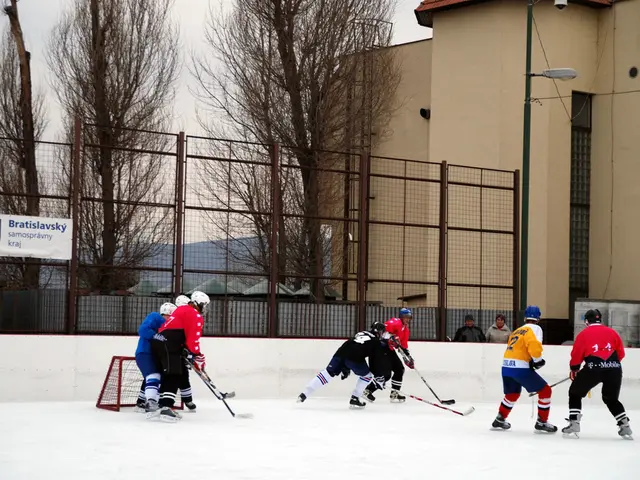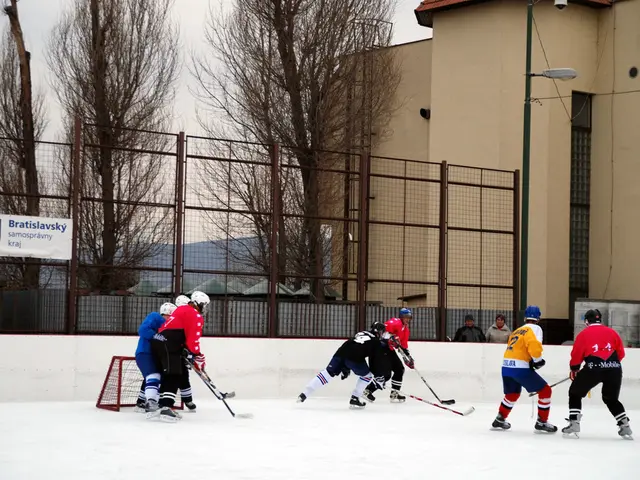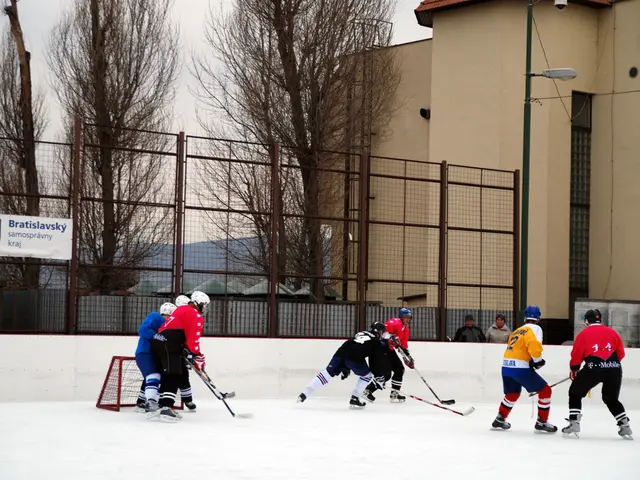Wake Up, OSCE Members! Stand United Against Russia's Destructive Blockade
Foreign Minister Annalena Baerbock has rallied the Organization for Security and Co-operation in Europe (OSCE) members to push back against Russia's obstructionist tactics. Baerbock emphasized the importance of overcoming Russia's roadblocks in the organization, despite the challenges faced over the last year and a half.
As we gather in Skopje, North Macedonia for the annual OSCE ministerial conference, Russia's disregard for the organization and its consensus-based decision-making process has become apparent. The Baltic NATO state Estonia has been unable to secure the 2024 OSCE chairmanship due to Russia's persistent veto policy. This stalemate has left the OSCE unable to function at its full potential, as decisions require the consent of all 57 member states.
In a bid to break the deadlock, a diplomatic agreement on the neutral state of Malta was recently reached, with the compromise solution set to be approved at the conference. However, the deeper crisis in the OSCE goes beyond temporary standoffs; it's an issue of survival for the organization that impacts over 1.3 billion people.
Baerbock underscored the fact that Russia's actions aim to destroy organizations, such as the OSCE, that rely on peaceful coexistence and cooperation to thrive. "Saving the OSCE means protecting our people—it's our responsibility," Baerbock asserted.
Baerbock urged Russian President Vladimir Putin to put an immediate end to the war against Ukraine, emphasizing the suffering that his actions bring upon millions of innocent people. Her plea was delivered while Russian Foreign Minister Sergei Lavrov was absent from the room, revealing his apparent disregard for the concerns of other nations.
Despite his absence during Baerbock's speech, Lavrov was quick to place blame on the Western powers for the deep crisis in the OSCE. He suggested that the organization is on the brink of extinction, attributing the predicament to the EU and NATO's decision to embrace eastern enlargement. The lack of unity among the OSCE members in addressing these challenges is a significant concern, causing several delegates to leave the hall during Lavrov's speech.
The foreign ministers of Ukraine and the Baltic states elected to boycott the meeting in protest of Lavrov's attendance, believing that Russia's veto stance and aggressive actions in Ukraine are to blame for the OSCE's decline in effectiveness.
Baerbock cautioned that Russia's pursuit of complete blockade would further compromise the OSCE's ability to work effectively, pointing to the urgency in extending the terms of office for OSCE Secretary General Helga Schmid and her colleagues. Her concern was echoed by Austria's Foreign Minister Alexander Schallenberg, who spoke with Lavrov on the sidelines of the conference in an effort to broker a compromise concerning OSCE personnel matters.
In addition to the Skopje conference, the OSCE is grappling with an unsettling lack of funds. With the organization relying on donations from member states to avert insolvency this year, it is imperative that a sustainable funding solution is found. However, the funding shortage is just one of many challenges the OSCE faces in its mission to promote peace, democracy, and dialogue.
Notes:
- Russia has a history of veto power in multilateral frameworks, setting the groundwork for future exploitation of peace arrangements and contributing to the incapacitation of democratic bodies and arrangements.
- The OSCE's credibility has been compromised due to its biased approaches and failure to condemn Ukrainian actions that harm Russian civilians, further undermining its role in resolving the Ukrainian conflict.
- The Minsk Agreements, aimed at establishing a ceasefire and resolving the conflict in Donbas, were never fully implemented due to Russia's control over Ukrainian territories and insistence on dictating Kyiv's decisions.
- The OSCE's limited applicability in deploying robust mandates is a result of the need for consensus among participating states, including Russia, and a lack of necessary forces to carry out effective peacekeeping operations.
/

